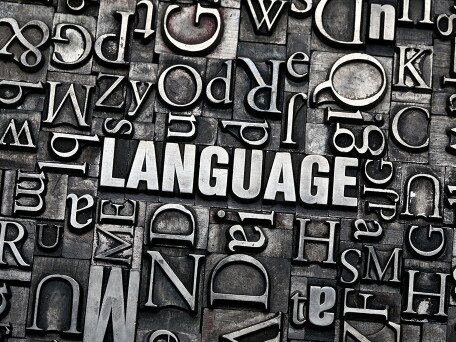A self-regulated vocabulary learning approach supported by a mobile-user-generated-content tool for pupils in Hong Kong
- 项目计划:
- 优配研究金
- 项目年份:
- 2019/2020
- 项目负责人:
- 宋燕捷博士
- (数学与资讯科技学系)

The proposed study aims to examine the effect of a self-regulated vocabulary approach, leveraged by a mobile-user-generated-content (m-UGC) tool, on learning outcomes, perceived self-regulated learning and learning processes of upper primary students in Hong Kong.
Knowledge of vocabulary is fundamental for the development of communicative competence and mastering a second language. However, research findings show that in many cases, learners consider memorising vocabulary a passive and boring activity. To motivate learners to learn vocabulary more effectively, mobile technology has been adopted both inside and outside the classroom to enrich the learning experience. Nevertheless, learners are generally involved in pre-defined learning activities/tasks that do not leave much room for their own goal-directed learning. In many cases, learners also lack opportunities to take part in productive activities/tasks that allow them to generate learning content related to the vocabulary learned in class. They also lack opportunities to consolidate it and apply it just-in-time and place in real-life contexts.
There is a pressing need to adopt an innovative pedagogical approach to imparting vocabulary by empowering learners to control their own learning. Research strongly supports the importance of the use of self-regulation by learners in developing lifelong learning skills. Studies also show that self-regulatory processes are teachable, and developing those processes can lead to learners’ increased motivation and performance. In Hong Kong, even though self-regulated learning is promoted in school English language learning (Curriculum Development Council, 2017), young learners are not prepared to learn on their own. Although a few studies have investigated ways of enhancing self-regulated vocabulary learning through the use of mobile technologies, these studies have been conducted in higher education and outside the classroom. Little is known about how younger learners self-regulate their vocabulary learning.
To fill this research gap, the proposed study aims to examine the effect of a self-regulated vocabulary approach, leveraged by a mobile-user-generated-content (m-UGC) tool, on learning outcomes, perceived self-regulated learning and learning processes of upper primary students in Hong Kong. The approach integrates a five-stage vocabulary learning process with 3-phase self-regulated learning, mediated by the m-UGC tool to enhance vocabulary learning, across in-class and real-life settings, at the right time and place, for the right task.
Design-based research will be adopted in the two-year study, which has three iterative cycles, using a self-regulated vocabulary approach mediated by m-UGC tool as the intervention. Each intervention cycle will help clarify research goals and identify problems in the pedagogical design and practices. This will in turn guide the design and implementation of subsequent efforts premised on theoretical principles. This will be a mixed method study, gathering qualitative and quantitative data from multiple sources, to examine learning outcomes, perceived self-regulated learning and learning processes. Data include pre-, post and delayed-post vocabulary tests, pre- and post-self-regulated learning questionnaires, student-created learning logs recorded on the m-UGC tool, students’ self-reported plan for their self-regulated learning, student self-regulated learning reflection forms, and student feedback collected via semi-structured focus group interviews. Both qualitative and quantitative data analysis methods are employed.
The significance of this study lies in that it is the first study to address the issue of using a self-regulated vocabulary learning approach leveraged by the m-UGC tool to enhance primary learners’ learning outcomes and develop self-regulated awareness in learning. Most importantly, the learning processes will be tracked and analysed to identify the self-regulated vocabulary learning patterns and factors that contribute to the development of self-regulated vocabulary learning. The findings of the study will thus inform educators of the innovative pedagogical design and practices in mobile technology-supported self-regulated vocabulary learning in school education in Hong Kong.
Key term: mobile-user-generated-content (m-UGC) tool
The m-UGC tool allows learners to take pictures/video of objects/information related to the newly learned vocabulary tagged with GPS-located context information. It also allows the learners to input newly learned vocabulary and make an audio recording by speaking the words, or sentences in which the word is used. Simultaneously, as the vocabulary is entered into the m-UGC tool, a learning log is created. The learner is alerted regarding where he/she has learned it in class and what related learning logs have been created by peers, which helps him/her to learn from others.








